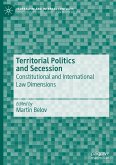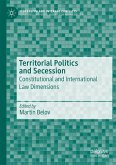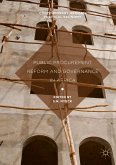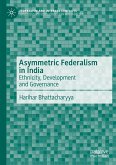This book explores the relationship between federalism, social divides and conflict in African countries. It details the origins, design and performance of major federal and quasi-federal states to assess their performance and propose new methods for managing these divides. Drawing on evidence from countries such as Ethiopia, Kenya, Nigeria and South Africa, the book examines the nature and causes of ethnonationalism, mobilisation and confrontation with the nation state.
The book is a comprehensive treatment of the five major federal and devolved systems in Africa. It explains their origin, design and operation, and assesses their performance. More importantly, the book explains the distinct nature of federal and devolved systems in the Global South. Federal and devolved systems in Africa cannot be understood in isolation from the nature of state power on the continent. The book explains the impact of unregulated state power on the dynamics of federal and devolvedsystemsin Africa. Federalism and devolution have not failed but have been betrayed - both in the past and the present - in serving as a venue for accommodation, intergovernmental bargaining and negotiated reform.
The book is a comprehensive treatment of the five major federal and devolved systems in Africa. It explains their origin, design and operation, and assesses their performance. More importantly, the book explains the distinct nature of federal and devolved systems in the Global South. Federal and devolved systems in Africa cannot be understood in isolation from the nature of state power on the continent. The book explains the impact of unregulated state power on the dynamics of federal and devolvedsystemsin Africa. Federalism and devolution have not failed but have been betrayed - both in the past and the present - in serving as a venue for accommodation, intergovernmental bargaining and negotiated reform.








